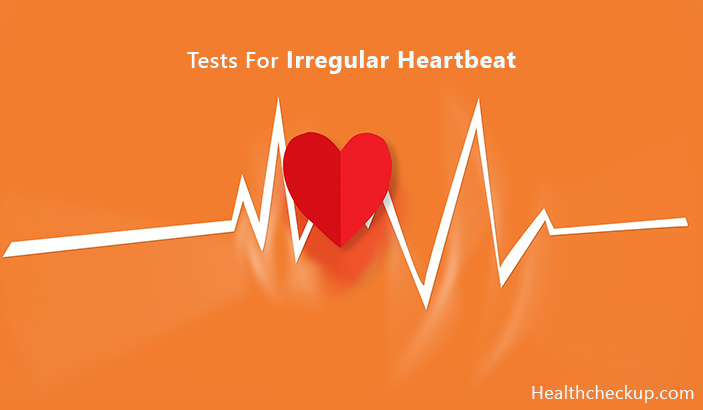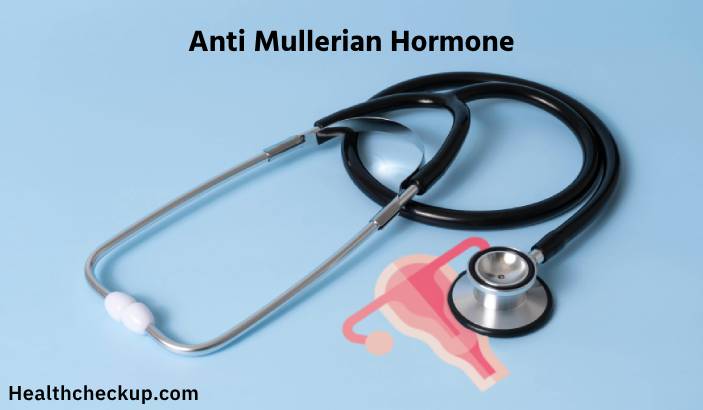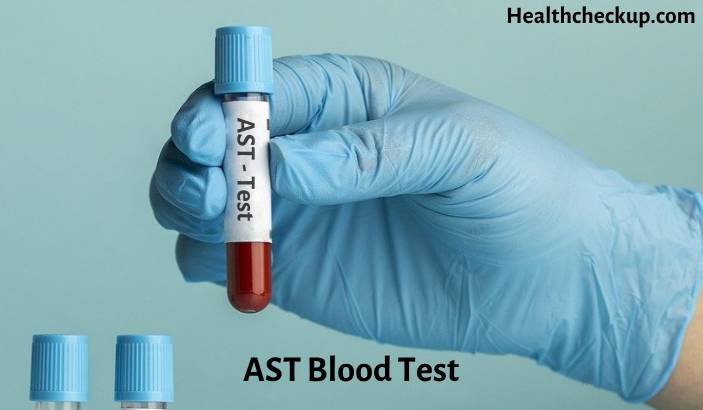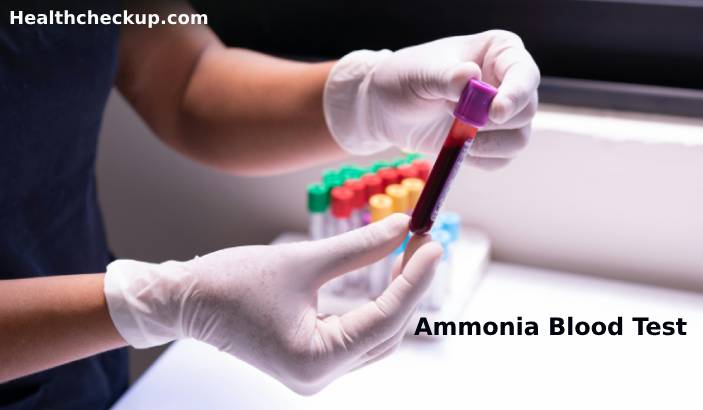What Is An Irregular Heartbeat?
Irregular heartbeat is simple, failing to maintain the regular pattern. So, if the heartbeats either rapidly or slowly then the actual healthy rhythm of 60 to 100 beats per minute then such condition is called irregular heartbeat. Irregular heartbeat is also termed Arrhythmia (not being in the rhythm). There are different tests for irregular heartbeat.
Our heart is a very huge complex network of nodes, valves, and chambers, and these control the blood flow. If this complex system function is distorted or harmed or compromised then this will result in a change in the heart beating rhythm. This condition may not always show symptoms, discomfort, or pain. Arrhythmia may not always be life-threatening but it’s always better to consult and inform your doctor of any irregularities noticed in your heartbeat.
Types Of Abnormal Heart Rhythms
Here are the common different types of heart rhythms;
1. Tachycardia
Usual heart BPM is 60-100, whereas, in the case of Tachycardia BPM is over 100 BPM.
Tachycardia is further of 3 types;
- Supraventricular tachycardia,
- Ventricular tachycardia, and
- Sinus tachycardia.
2. Atrial Fibrillation
Occurring in the upper heart chambers caused due to the misfire of multiple electrical impulses and leads to heart rate to as much as 100-200 BPM.
3. Atrial Flutter
Caused due to a single electrical pulse leads to fast heart rate but it mostly is a regular heart rhythm kind.
4. Bradycardia
This condition is when the heart rhythm is slow i.e., below 60 BPM.
5. Ventricular Fibrillation
This severe condition causes the heart to stop beating and thus leads to heart attack and may lead to death.
6. Premature Contractions
It is a state where a pulse is taken either in the wrist or chest or happens due to extra heartbeats and early heartbeats too.
Symptoms Of Irregular Heartbeat
The most common symptoms of abnormal heartbeat or arrhythmia include but not limited to;
- Dizziness or light-headed
- Breathing shortness
- Irregularity in the pulse
- Pain in chest
- Pale skin
- Body sweating(unconditionally)
Causes Of Irregular Heartbeat
There are numerous causes of an abnormal heartbeat-like high BP and few other such main causes are listed below;
- Coronary heart disease
- Caffeine
- Brain stimulating drugs like amphetamines
- BP controllers like Beta-blockers
- Post heart surgery healing
- Heart muscle changes post sickness or injury
- Electrolytes Imbalances like low potassium etc
- Genetical conditions
- Eating and drinking habits like smoking, alcohol consumption, excessive junk food dependency
- Stress
- Anxiety
- Too much exercise
- Blocked blood vessels
- Hypothyroidism
- Hereditary reasons
- Congenital heart conditions
- Imbalance in hormones
How To Diagnose Irregular Heartbeat
Diagnosing an irregular heart rhythm includes a sequence of ECGs and physical tests done by your doctor. Any abnormalities in the thyroid glands are observed and as well the heart condition is observed by exposing you to various conditions in a controlled way.
Your doctor may also perform different tests for irregular heartbeat like;
- ECG
- Holter Monitor
- Event recorder
- Echocardiogram
- Implantable loop recorder
- Stress set
- Tilt table test
- Electrophysiological testing
The results of these tests for irregular heartbeat are observed by your doctor to further investigate and understand your heart condition and figure out what is the underlying cause and as well confirm if your heartbeat is irregular.
Treatment For Irregular Heartbeat
Treating any disease is done depending on the cause of the problem, so is with the irregular heart rhythm. Certain types of Arrhythmia can be treated by changing the lifestyle or medication while others need further treatment as severe as surgery. Here are a few most effective and suggested treatments for irregular heartbeat or Arrhythmia.
- Antiarrhythmic drugs
- Calcium channel blockers
- Beta-blockers
- Anticoagulants
- Inserting a pacemaker
- Maze procedure
Tips To Prevent Irregular Heartbeat
As already mentioned earlier, changing the lifestyle is the best tip for recovery from irregular heartbeat conditions. Whatever is the treatment type undergone for the problem, like undergoing surgery or medication practice or any other as such, post to these recovery activities, following the below-listed practices would be helpful to avoid any further arrhythmia thus bringing the chance to null
- Prefer healthy eating habits.
- Regularly exercise for at least 30 minutes daily.
- Quit smoking (Nicotine/tobacco)
- Keep an eye on your weight, blood pressure, and cholesterol.
- Limit alcohol consumption and if possible, completely avoid it.
- Be sure to follow up on time without fail. Also, don’t skip your medicines for an irregular heartbeat.
- Practicing yoga and meditation and any other such relaxation techniques would avoid arrhythmia from returning.
Medicine for an irregular heartbeat is prescribed by your doctor after understanding your heart performance and type of irregularity and any other such conditions to be considered.
To conclude, irregular heartbeats can be avoided by maintaining a healthy lifestyle and further taking good care of yourself, and consulting your doctor at the earliest if any such conditions arise so as to avoid the severities.

Sudheendra is a passionate blogger for 8 years and holds a Degree in Journalism & Mass Communications. His writings particularly focus on health, medicine, diet & lifestyle. For him, everything that interlinks and relates to health & medical world entices him. His write-ups aim at educating people not by just giving facts but by infusing human touch.








